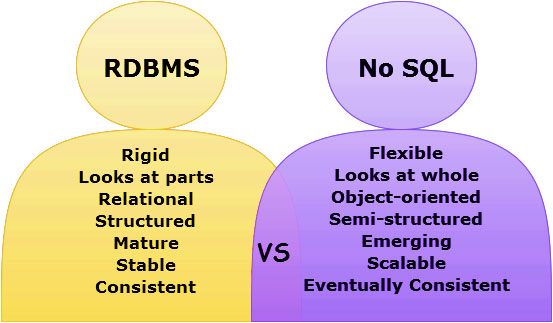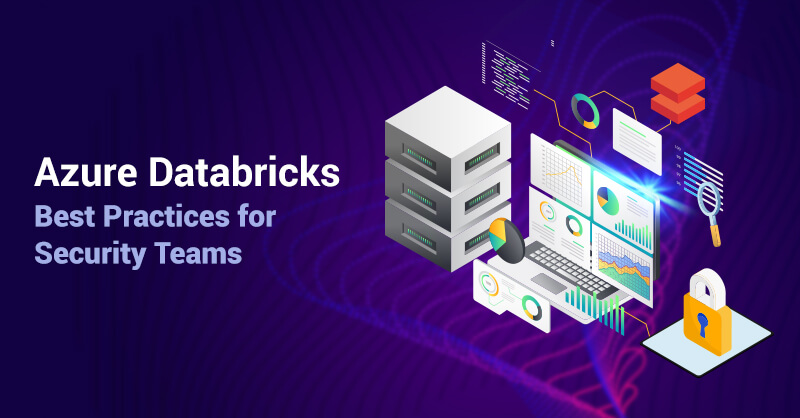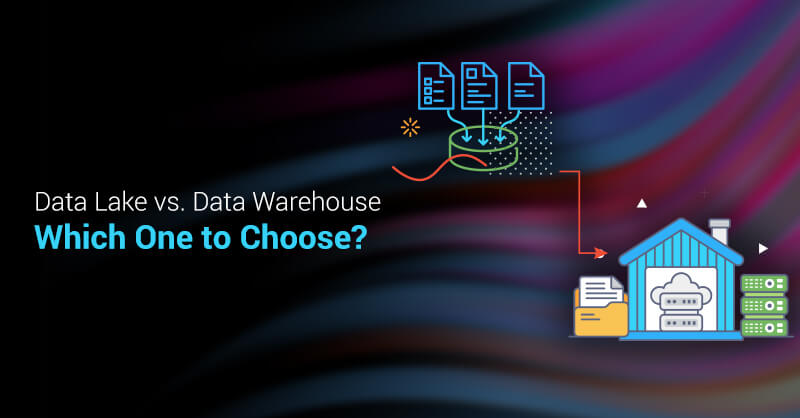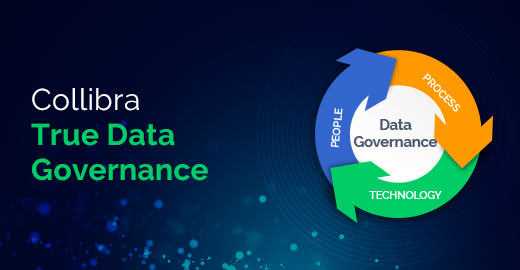Relational vs NoSQL Database
A relational database is a database that uses structures that permit us to recognize and obtain data in relation to another piece of data in the database. Data in a relational databases are organized into tables.
Relational databases have been an important part of modern computing since their genesis in 1970. Oracle, SQL Server, MySQL, and SQLite are just a few examples of the type of databases that have influenced the industry for decades.
With the arrival of Web 2.0 & Big Data the quantity, scale, and fast changing nature of data storage has shown defects in relational databases. Useful for the tasks they were originally designed for, traditional databases have struggled with the requirements of current computing and its high volume of data.
Consequently, NoSQL (Not Only SQL) databases have quickly replaced relational database in numerous modern applications. NoSQL database’s design concentrates on non-relational data storage, and rather than storing data in an inflexible structured table design, NoSQL uses a number of methods to store data in a way that is decentralized, unlike to relational databases.
NoSQL database stands for “Not only SQL.” It is a non-relational and flexible database used for big data and real-time web apps. NoSQL databases were created to address the constraints of relational databases and were designed specifically for the use of storing unstructured data.

Challenges of Traditional RDBMS (Relational Databases):
- Not optimized for horizontal scaling out:
- The data size has increased to a great extent nowadays to the range of petabytes
- Not Compatible with Schema-less Data:
- A majority of the data comes in an unstructured format
- Cost:
- The high Licensing cost for Data Analysis
- High Velocity of Data Ingestion:
- RDBMS lacks in high velocity because it’s designed for steady data retention rather than rapid growth.
Features of NoSQL Databases:
- Generic Data Model:
- Heterogeneous Containers, including sets, maps, and arrays
- De-Normalized:
- Data is stored in a single table with raw format, as compared to being stored in multiple joined tables.
- Distributable:
- Distributed databases can store and process information on multiple device.
- Commodity Hardware:
- NoSQL databases are based on the core principles of supporting horizontal scaling out
Types of NoSQL Databases:
Document Databases:
MongoDB, CouchDBColumn Databases:
Apache CassandraKey-Value Stores:
Redis, Couchbase ServerCache Systems:
Redis, MemCacheGraph Databases:
Neo4JAdvantages of NoSQL over RDBMS:
Can handles big data
Is flexible with Data Models – No Pre-Defined Schema
The Data Structure – NoSQL handles unstructured data
Is Cheaper to Manage
The Scaling – Scale out/ horizontal scaling instead of scaling up
Royal Cyber
For more information on Royal Cyber services related to NoSQL Databases, check out the link provided below:
https://www.royalcyber.com/technologies/casandra-and-elastic-search




2 Comments
The Relational vs no sql database is very nicely explained in this blog which is very important to have these kinds of knowledge in the world of computer and technology where these things are used.
Very Impressive SQL Tutorial. The content seems to be pretty exhaustive and excellent and will definitely help in learning SQL Tutorial. I’m also a learner taken up SQL Tutorial and I think your content has cleared some concepts of mine.